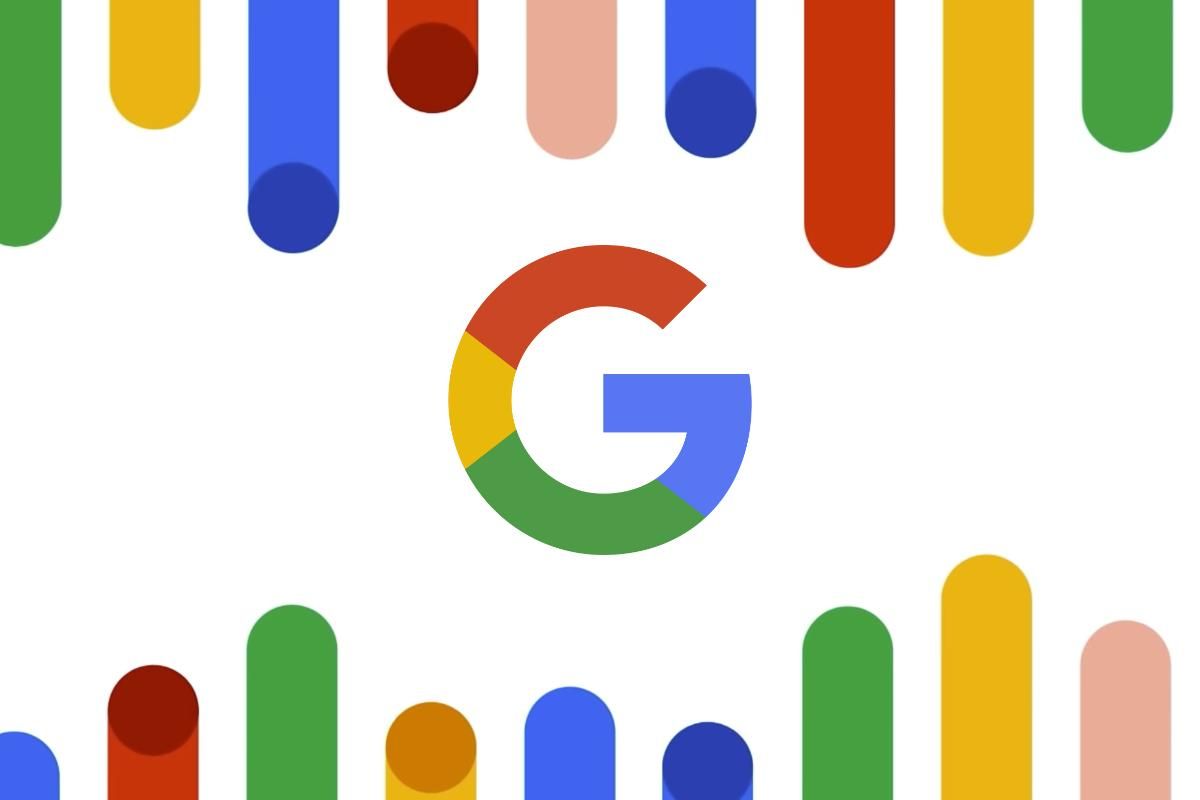
Key Takeaways
- Google’s internal changes under Rick Osterloh aim to make Pixel and Android work better and advance the company’s AI efforts.
- The merger of Android, ChromeOS, and Chrome under the “Platform and Devices” team could lead to faster adoption of AI across Google’s products.
- Sundar Pichai emphasizes the importance of collaboration between hardware, software, and AI to deliver high-quality products and experiences.
2024 is shaping up to be a pretty exciting year, as Google has made significant internal changes that aim to take the company to new heights. The most important change comes with Rick Osterloh, who is in charge of the “Platform and Devices” team, which will be in charge of everything that happens with Pixel, Nest, Chrome, and other Google products.
Google’s latest announcement will make the tech world a bit more interesting, as the company will reorganize Android, ChromeOS, Chrome, and other teams under the leadership of Rick Osterloh’s new “Platform and Devices” team, which already controls Pixel development and other devices. This change aims to make Pixel and Android work better and in the same direction to help in the advancement of the company’s AI efforts, which might eventually lead to faster adoption of AI across Google’s products.
Sundar Pichai, Google’s CEO, also had some words on what this merger represents:
To truly drive computing forward, we need to do it at the intersection of hardware, software and AI. So we are formalizing the collaboration between DSPA and P&E and bringing the teams together in a new PA called Platforms & Devices.
Having a unified team across Platforms & Devices will help us deliver higher quality products and experiences for our users and partners. It will help us turbocharge the Android and Chrome ecosystems, and bring the best innovations to partners faster — as we did with Circle to Search with Samsung.
We’re standardizing launch requirements for AI-powered features and increasing investments in “red team” testing for vulnerabilities and broader evaluations to help ensure responses are accurate and responsive to our users’ prompts.
These are interesting times for Google, and this move might be genius, considering that Google could make something great with its Pixel devices and AI integration.
Source: The Verge
Credit : Source Post

